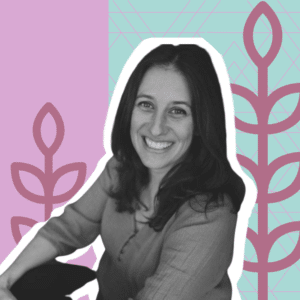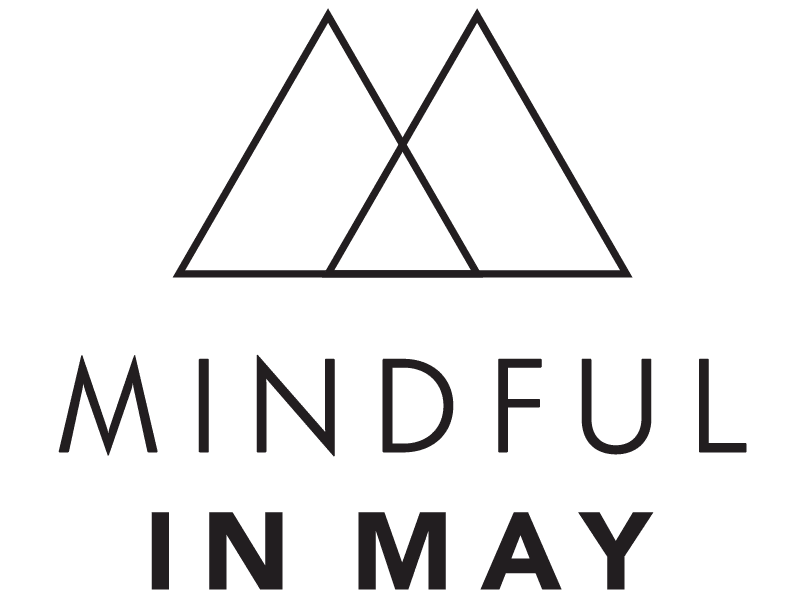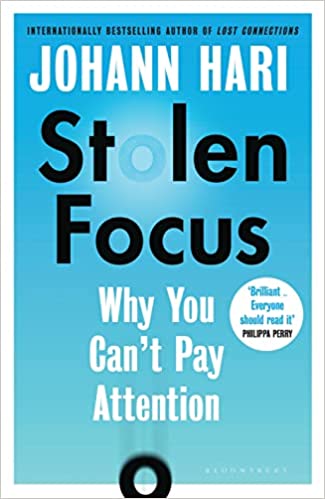Month Six
MONTH SIX
An interview with Susan Kaiser Greenland
Mindfulness for children
Listen to the audio here:
Welcome to MONTH SIX
I remember taking my 2 year old daughter skiing for the first time. It was a delight to see her reaction as she touched snow for the first time with complete wonder and experienced the thrill of whooshing down the mountain in a toboggan.
It reminded me of the principle of "beginners mind" that is so fundamental to mindfulness training and which is so striking in young children. Beginners mind is the idea of seeing things “as if for the first time”, showing up to the present moment free of assumptions, ideas, desires and rather bringing curiosity and openness to our experience.
Through beginner’s mind the fog of “ordinary" starts to lift and we see things in our lives with a greater freshness and delight. Rather than seeing what we think is here, we see what is actually here. This new way of seeing opens us to new possibilities as we step out of our limiting assumptions, beliefs and habits. As Marcel Proust reminds us: “The real voyage of discovery consists not in seeking new landscapes, but in having new eyes.”
Imagine how bringing a beginner's mind to just one day of your life could change how you experience your family, children, friends, work and the many aspects of your day. Why not try it out yourself? Just be aware of showing up "as if for the first time" as you move through the day and notice how this allows for a greater level of engagement in or lives and relationships.
An interesting way to experiment with beginners mind is to activate curiosity and step into greater presence in conversations and interactions with friends, family and workmates.
Notice the tone of voice, the facial expressions, the light and shadow on faces. Notice eye contact or lack of eye contact, the colour of their eyes. Pay attention to these people in your life, as if you have never met them before.
Aside from paying close visual attention, asking questions from a place of curiosity rather than from our own specific agenda, can also support us in discovering new aspects of people who have been in our lives for decades.
Today's interview is about exploring how to bring mindfulness to children. The truth is, that in many ways children can teach us a great deal about how to be more mindful in our everyday adult lives.
I know my daughter is a constant reminder for me to come back into the moment and see the world with fresh eyes.
The most powerful way we can teach children to be more mindful, is through modelling mindfulness ourselves.
I hope you enjoy this interview with the very wise and very compassionate Susan Kaiser Greenland.
Use the Facebook group to share what you noticed in your meditation practice and share mindful moments from your daily life to anchor you to more presence and gratitude.
In this video you’ll learn:
- The three A,B,C’s of living a mindful life.
- How mindfulness meditation can be helpful for children
- Practical exercises you can use with children to support them in becoming more mindful
- How paying attention helps us manage our emotions more skillfully
About Susan Kaiser Greenland

Susan Kaiser Greenland, ex-lawyer is an internationally recognised leader in teaching mindfulness and meditation to children, teens, and families. She played a foundational role in making mindfulness practices developmentally appropriate for young people and helped to pioneer activity-based mindfulness with her first book The Mindful Child. Her second book Mindful Games, offers simple explanations of complex concepts, methods, and themes while expanding upon her work developing activity-based mindfulness games.

Our upcoming LIVE CALL
Join our live guided online meditation with Dr. Elise Bialylew, along with an interactive Q&A session.
Join the session on Zoom here: https://us02web.zoom.us/j/81381381693

 This month as part of the Mind Life Project book club you’re invited to read Stolen Focus, by Johann Hari.
This month as part of the Mind Life Project book club you’re invited to read Stolen Focus, by Johann Hari.

